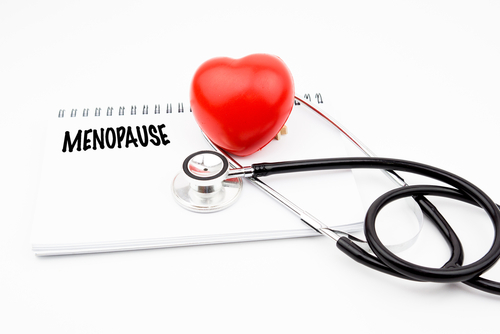Postmenopausal women with high testosterone at heart disease risk
IANS May 30, 2018
Postmenopausal women with a higher blood level of the testosterone male hormone and a higher ratio of the oestrogen hormone could be at a higher risk of developing heart disease later in life, finds a study.

Among post-menopausal women, a higher ratio of testosterone/oestradiol -- a major oestrogen produced in the ovaries -- was associated with an elevated risk for incident cardiovascular disease (CVD), coronary heart disease and heart failure events, while higher levels of testosterone were associated with increased CVD and coronary heart disease.
On the other hand, higher oestradiol levels were associated with a lower coronary heart disease risk. "Although sex hormone levels may be linked to future cardiovascular events, it is unclear what the best intervention is to modify sex hormone levels for risk reduction," said Erin D. Michos, Associate Professor at the Johns Hopkins University in Maryland, US.
"However, a sex hormone profile higher in male hormones may identify a woman at higher risk for cardiovascular disease who may benefit from other risk reduction strategies," Michos added. The risk for cardiovascular disease is much lower in women than men until women reach the age of 50 years of age, then risk rises dramatically after menopause.
Previous studies have demonstrated that higher androgen and lower oestrogen levels are associated with risk factors for heart disease in post-menopausal women; however, other studies show conflicting results, so the relationship between sex hormones and cardiovascular events in post-menopausal women remains unclear.
The new research, published in the Journal of the American College of Cardiology, evaluated the association of sex hormone levels with incident cardiovascular disease, over a 12-year follow-up in 2,834 post-menopausal women free of cardiovascular disease at baseline. Sex hormone concentrations were measured using fasting serum samples. Sex hormone levels after menopause were associated with women's increased risk of CVD in later life.
-
Exclusive Write-ups & Webinars by KOLs
-
Daily Quiz by specialty
-
Paid Market Research Surveys
-
Case discussions, News & Journals' summaries